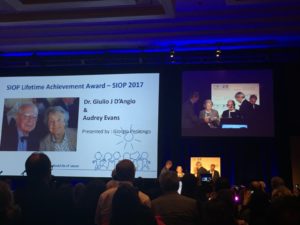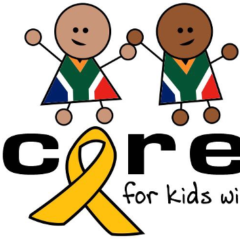I got back from Washington DC for the annual SIOP conference a few days ago. A mind-blowing five days of world-class research, intersections of survivors, scientists, parents, nurses, nutritionists, volunteers, NPO members, Pharma representatives, humanitarians and philanthropists. No wonder I’m so tired.
A week off for bloody jet lag. Everyone keeps telling me you can work out how long it will take you to recover by using the formula one day for every hour. Washington was six hours behind, so it should take me six days to get back to normal. I got back on Monday, it’s now Saturday so I should be hundreds, right? Well… when my kids have their first official cricket match and they’re so excited they can’t get to sleep and they wake up an hour early the day of the match, it feels unlikely I’ll ever get back to normal.
Washington was awesome, though. An absolute high point was sitting on the floor of a crowded lecture room listening to a talk by a young investigator giving a wonderful lecture on neuroblastoma stage 4S. Why such a high point, you may ask. Well, sitting in the front row were the original clinician-scientists who described this special form of neuroblastoma – Audrey Evans and Julio D’Angio. They were publishing ground-breaking research before I was born, and at the opening ceremony they received lifetime achievement awards.

They wrote this article in 1971, , and they’re still going strong. Their minds are razor-sharp and when D’Angio asked a question, he reminded me of how many great scientists are courteous and kind and manage to point younger generations in the right direction without crushing their spirit. It’s such a fine line, when you are undoubtedly important, when your work matters, to not be arrogant.
One of the spin-offs of this work was that Audrey Evans led the first team that experimented with not giving chemo to infants with neuroblastoma stage 4S. It paid off, and now we know that in selected cases, it’s possible to spare these children chemotherapy. Groundbreaking, I tell you, and courageous. And of course, from an economic perspective, cost-effective: save money by not giving chemo and not having to deal with the side-effects of chemo.
This is the kind of research we can do here – aiming to give the right amount of chemo to the right patients, balancing the risk of relapse and the risk of side-effects and keeping costs in mind. We can do it, but it will take that much shorter with your support. Help us save some lives, people – click on the link and donate what you can. Every little bit helps.
Inspired, still tired – cheers all!
